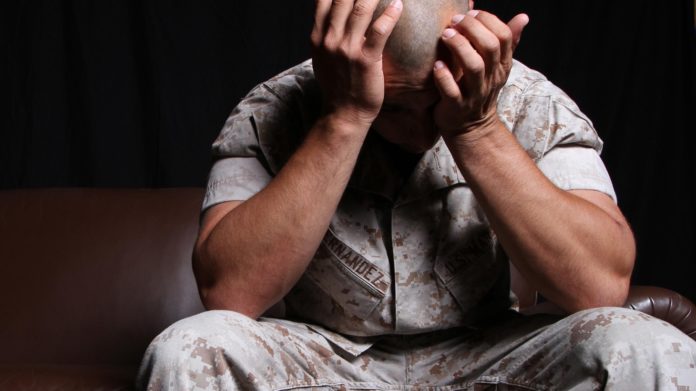It’s no secret that military combat can have a serious impact on your health. From physical injuries to mental health conditions, there are many risks associated with serving in the military. You’re doing a great service, and though it is an honor to serve your country, there are dangers and complications that come with the job.
Every profession has its pitfalls, but military combat is a direct-impact field. You’re constantly hit with several health and safety hazards all at once, and you’re unable to protect yourself from most of them.
It’s good to know the risks before you take them. You reserve the right to know exactly what you’re getting into and how its impact will affect your life during and after your service.
Being proactive is key. Make sure you’re up-to-date on all the health risks associated with military combat and take steps to protect yourself.
Traumatic Brain Injury
One of the most common physical injuries in military combat is a traumatic brain injury (TBI). These are caused by explosions and blasts, which cause serious head trauma. They can result in concussions, bleeding within the skull, or damage to your brain cells. You may also experience skull fractures, which can lead to brain damage.
The symptoms of a TBI vary depending on the severity of your injury and wherein the brain it occurred. For example, if you have frontal lobe injuries, then you might struggle with self-control or short-term memory loss. If you have temporal lobe injuries then you could be dealing with seizures or a problem processing sensations like taste and smell.
While many people recover from TBIs within days or weeks, some will suffer from permanent disabilities that affect their day-to-day lives for years to come. Make sure you’re taking all proper safety measures to prevent this common injury whenever possible; always wear protective headgear during combat wherever appropriate and ensure helmets and body armor fit properly.
Mental Health Conditions
Combat can also take a serious toll on your mental health. You’re constantly under stress and in dangerous situations, which can lead to anxiety, depression, post-traumatic stress disorder (PTSD), and other mental health conditions.
These conditions are often difficult to deal with, both for the individual and their loved ones. They can cause problems sleeping, concentrating, or relating to others. They may also trigger anger outbursts or suicidal thoughts.
If you think you might be experiencing any of these symptoms after returning from military combat, it’s important to seek help as soon as possible. There are many resources available to help you get back on track, including counseling services and medication if needed.
Be sure to talk to your doctor about any mental health concerns you’re experiencing and keep an open dialogue with your loved ones about how you’re feeling. It’s ok to not be ok, and it’s important to get the support you need in order to heal.
Physical Injuries
There are a variety of physical injuries that you can suffer from like burns, broken bones, hearing loss, lacerations, internal bleeding, and so on.
All of these injuries require immediate medical attention, so it’s important that you are aware of the risks associated with each type of injury and know what first aid measures to take if necessary. If a soldier is injured, they need to be moved away from the line of fire and receive first aid immediately.
Burns happen when the skin comes into contact with heat sources like flames from an explosion or hot materials from equipment crashes. Other common causes include friction burns and chemical burns.
Broken bones usually result from blunt force trauma, being hit by something heavy like an IED (improvised explosive device), falling off a high surface without proper safety gear on hand, etcetera). These injuries often require surgery if it’s severe enough bone fragments need repairing or resetting.
Hearing loss can be caused by loud noises such as gunfire or explosions. It can also happen when someone is near a source of high-frequency sound waves (e.g., ultrasonic weapons), but not directly exposed to them themselves like say if they were wearing earplugs while working in an area where there are loud noise levels present without proper protective equipment on.
Your equipment can also be defective and fail to properly protect your ears while you’re operating a weapon. Rosenfeld Injury Lawyers is currently litigating a lawsuit for defective military-grade earplugs. Several soldiers have suffered severe hearing injuries due to faulty protection.
Lacerations are deep cuts in your skin that can be caused by an explosion, sharp objects hitting you during combat situations (like shrapnel), and so on). The sooner they get cleaned up with antibiotic ointment, the better. Lacerations run the risk of becoming infected; so it’s best to get them cleaned and bandaged as quickly as possible.
Internal bleeding happens when blood vessels inside your body break open and leak into other areas. This can happen due to blunt force trauma, explosions causing shrapnel injuries, being shot with a bullet or other projectiles at high speeds; it’s important they receive immediate medical attention because internal bleeding can cause organ damage if left untreated for too long.
Consider all of these risks before you decide to enlist in military combat. It’s important to be aware of what could happen so that you can make an informed decision about whether or not this is really something you want for your life.

